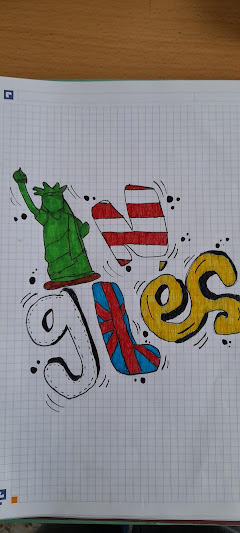
PRESENT SIMPLE
SUBJECT + VERB (‘s’ in third singular person) + (Complements)
STATEMENT
I walk every day
She comes from school on foot
They are good friends
NEGATION
I do not walk every day
She does not come from school on foot
They are not good friends
INTERROGATION
Do I walk every day?
Does she come from school on foot?
Are they good friends?
USES:
• Permanent states: He lives in London
• Repeated or habitual actions: She wears smart clothes
• General truth: Man is a human being
• To give instructions: Then, you dial the number
• Historic Present for past events: Columbus discovers America in 1492
• Arranged future: The plane arrives tomorrow evening
• 1st Conditional Clauses (Probale / Likely): If you call him, he will come
TIME EXPRESSIONS:
• EVERY afternoon / day / month / year / century
• USUALLY
• AT (Hours) / ON (Days of the Week) / IN (Months, Years and Centuries)
• ONCE / TWICE / THREE TIMES a DAY / MONTH / YEAR
• ALL THE TIME
SPELLING RULES:
• Final ‘s’, ‘sh’, ‘ch’, ‘x’: + ES: GUESS – GUESSES / WASH – WASHES / WATCH – WATCHES / MIX - MIXES
• Final ‘o’: + ES: GO – GOES / DO - DOES
• Final C + ‘y’: + I + ES: CARRY – CARRIES / STUDY - STUDI


